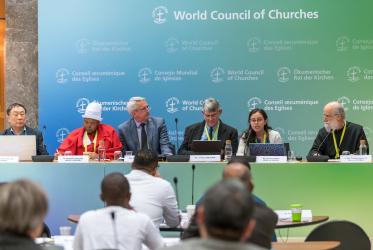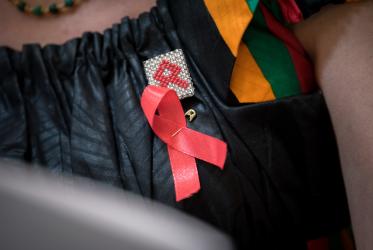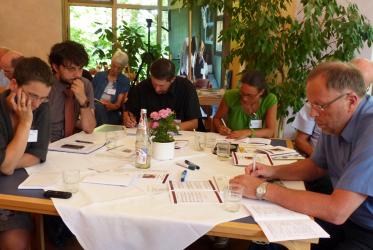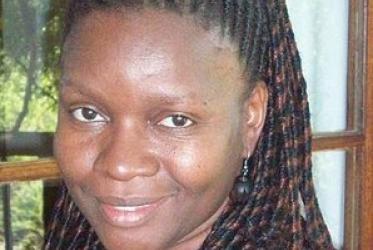Displaying 1 - 15 of 15
Pandemic and pedagogy: what are the valuable lessons?
21 December 2022
Dealing with traumas and healing of wounds
04 June 2019
WCC welcomes new staff
06 November 2018
Christian responses on health and healing
16 July 2014
Living with God in the context of HIV and AIDS
27 February 2013
Transforming lives affected by HIV and AIDS
13 February 2013








